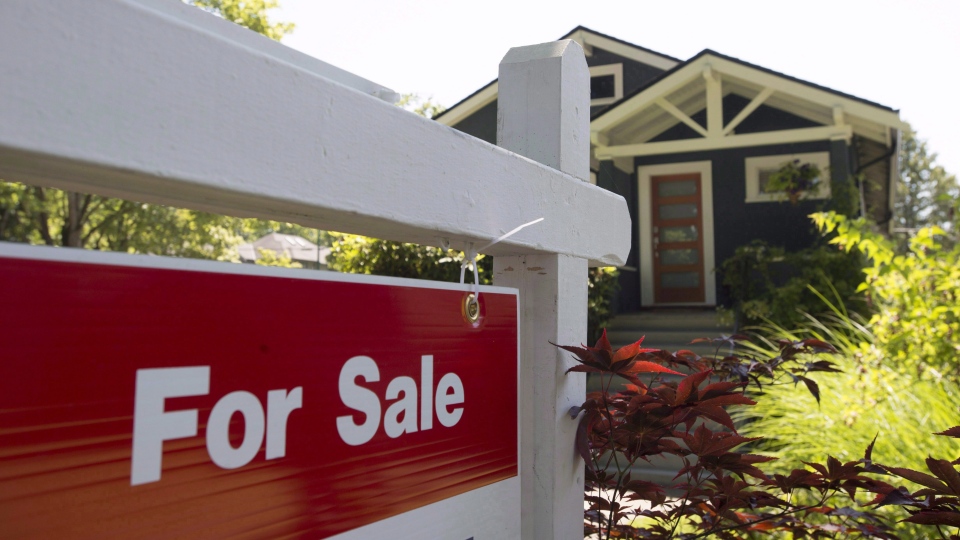

Home sellers, rest assured that selling your home so that you can start living in Ukee needn't be an over-whelming process. We have compiled here the most frequently asked home-seller questions we've received over the past 2 plus decades in real estate, and are sharing them here with you so that you will have a good understanding of the need-to-know of Home Selling.
Check out Part One of this Home Seller FAQ series, if you haven't already, to find out how to get the process started and moving without a hitch, and please follow along as we share the most important steps towards closing on your deal.
Q: How do you come up with a price I should list my home for?
A: There are so many variables depending on the strategy we choose for your home.
I will always review what comparable properties have recently sold for, then I will look at the condition of the homes versus the price, and then I will make adjustments for any differences in lot size, square footage or notable features.
I write down the price range that I think your home can sell within and bring it to our meeting. I like to write it down so that you know I’m not just agreeing with any price you might say in order to please you, but that I’ve provided my researched opinion.
Then we will discuss strategy; how much do you want to prepare and stage the home? How quickly do you want to sell? How many buyers are in the market for your style of home? Once we have set out the goals for listing your home, we can decide on the listing price for your home.
Q: Is it always best to list a bit high?
A: The price range I will provide to you includes both a lower and higher end price. This is all dependant on your home-selling goals, the condition of your home, and so on. Some homeowners want to list on the higher end of the range, and if you present a highly desirable product, it makes total sense. But if your home is overpriced, you may get looked over, and the listing may stagnate.
Q: How high is too high?
A: If you want to list at a price above the range provided to you, you are entering a sticky situation. When a listing is more than 10% overpriced, many buyers assume that the seller will be inflexible and unwilling to come down in price, and so they don't make an offer.
Here is an example of the kinds of conversations I’m willing to have with you that many others shy away from. I will agree to list at whatever price you want, but I will always be open and honest about what the sales data indicates. I will tell you right from day one that if we don’t get enough interest in the house, that we will be discussing a price adjustment after a few weeks before the listing goes stale and has a stigma. I’m not afraid to have these kinds of conversations with you because you need to know the most likely scenario of every choice you make, and what is the next best step to get you to your home-selling goals.
Q: What about listing low to create a bidding war?
A: This kind of approach to home-selling has been famous in places like Toronto, spurred on by fast-rising prices and a huge influx of buyer demand. It can work in certain scenarios, but it’s not my personal choice of strategy. For this to work, you need to have a house in an area that is in extremely high demand, so this is only possible for a handful of areas. When we consider your current location and goals, we can decide if this is an appropriate strategy or not.
Have we missed any of your questions on home-pricing? Please feel free to contact us with any further questions you may have. Keep an eye out for the FAQ for Homesellers post - where we will share with you all the tips and tricks we know for listing your home.
It's never too late to Start Living in Ukee!